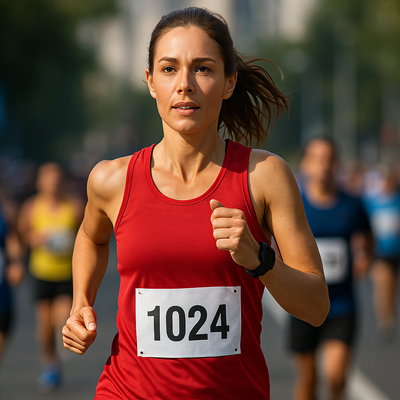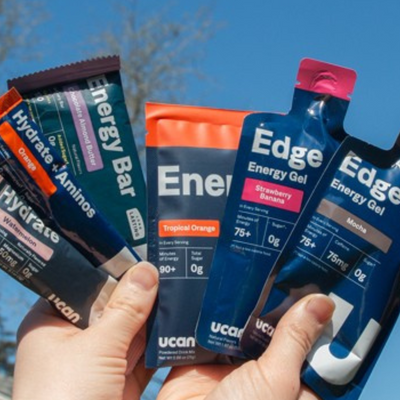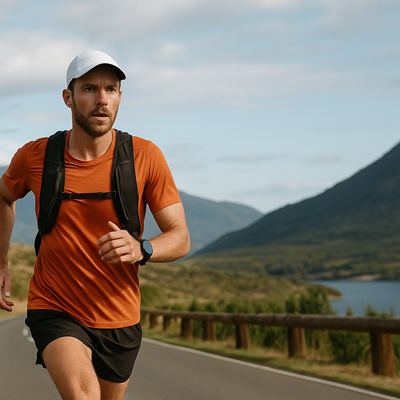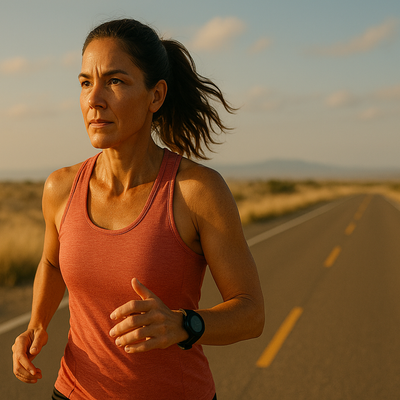Staying hydrated is crucial for maintaining overall health and well-being. Dehydration can lead to various health issues, from minor discomforts to severe medical conditions. This comprehensive guide will explore the importance of hydration, offer quick and effective ways to hydrate, highlight signs of dehydration, provide strategies to avoid dehydration and answer frequently asked questions about dehydration.
The Importance of Hydration
Hydration is vital for several reasons:
Regulates Body Temperature
Water helps maintain a stable body temperature through sweating and respiration.
Supports Digestion
Adequate hydration aids in digestion and prevents constipation
Enhances Physical Performance
Proper hydration improves endurance, reduces fatigue, and helps maintain optimal physical performance
Promotes Kidney Function
Water helps flush out toxins and waste products from the body, reducing the risk of kidney stones and urinary tract infections
Maintains Skin Health
Staying hydrated keeps the skin moisturized and can reduce the risk of skin disorders.
5 Ways to Hydrate Fast
Drink Water Regularly
Drinking plain water is the most straightforward way to stay hydrated. Aim for at least 8 glasses (64 ounces) daily, but this can vary based on individual needs and activity levels. Carry a reusable water bottle to remind yourself to drink throughout the day.
Consume Hydrating Foods
Certain foods have high water content and can contribute to your daily hydration needs. Some excellent options include:
- Cucumbers (95% water)
- Watermelons (92% water)
- Strawberries (91% water)
- Oranges (87% water)
- Lettuce (96% water)
Use Oral Rehydration Solutions
Oral rehydration solutions (ORS) are designed to quickly restore hydration levels, especially in cases of severe dehydration. These solutions contain a balanced mix of salts, sugars, and minerals, which help the body absorb water more efficiently.
Drink Electrolyte-Infused Beverages
Beverages like sports drinks, coconut water, and electrolyte tablets dissolved in water can replenish electrolytes lost through sweat, vomiting, or diarrhea. Electrolytes like sodium, potassium, and magnesium are essential for maintaining fluid balance in the body. One excellent option is UCAN Hydrate, an award-winning electrolyte powder with no sugar, calories, or caffeine. It contains 5 essential electrolytes, making it a highly effective and healthy choice for staying hydrated.
Take Hydration Supplements
Hydration supplements, such as electrolyte powders or effervescent tablets, can be added to water to boost hydration. These are particularly useful for athletes or individuals who lose significant amounts of fluids and electrolytes through intense physical activity.
Signs of Dehydration
Recognizing the signs of dehydration is crucial for taking prompt action. Common signs include:
- Dry mouth and throat
- Dark yellow urine
- Fatigue and dizziness
- Headaches
- Dry skin
- Decreased urine output
- Rapid heartbeat
- Confusion or irritability
Ways to Avoid Dehydration
Preventing dehydration is easier than treating it. Here are some strategies to stay hydrated:
Drink Water Before You Feel Thirsty
Thirst is a late indicator of dehydration. Drink water regularly, even if you don't feel thirsty.
Monitor Fluid Loss
Pay attention to how much you sweat, especially during exercise or hot weather. Increase your fluid intake accordingly.
Maintain a Balanced Diet
Eat a variety of fruits and vegetables with high water content. This will help with hydration and provide essential nutrients.
Limit Caffeine and Alcohol Intake
Both caffeine and alcohol can increase fluid loss. If you consume these beverages, balance them with an equal or greater amount of water.
Avoid Sugary Drinks
While sugary drinks like soda and fruit juices can provide some hydration, they often contain high levels of sugar that can lead to dehydration. Sugary drinks can cause your body to lose more fluid as it processes the sugar. Stick to water, herbal teas, or beverages like UCAN Hydrate that don't contain added sugars and essential electrolytes.
Use a Humidifier
In dry environments, using a humidifier can help maintain moisture levels in the air, reducing water loss from your skin and respiratory tract.
FAQs About Dehydration
How much water should I drink daily?
The general recommendation is eight glasses (64 ounces) daily, but individual needs may vary based on age, activity level, and climate.
Can you drink too much water?
Yes, overhydration or water intoxication can occur, leading to an imbalance of electrolytes in the body.
Is it possible to stay hydrated with beverages other than water?
Yes, beverages like herbal teas, milk, and juices can contribute to hydration, but be cautious of sugar and calorie content.
What are the best foods for hydration?
Foods with high water content, such as cucumbers, watermelons, and oranges, are excellent choices.
How do I know if I'm dehydrated?
Common signs include dark yellow urine, dry mouth, fatigue, and dizziness.
Can dehydration affect mental function?
Yes, dehydration can lead to confusion, irritability, and difficulty concentrating.
Is thirst a reliable indicator of hydration?
Thirst is a late indicator; drinking water regularly throughout the day is best.
How does exercise impact hydration needs?
Exercise increases fluid loss through sweat, so drinking water before, during, and after physical activity is essential.
Can certain medications cause dehydration?
Some medications, such as diuretics and certain blood pressure medications, can increase fluid loss.
What should I do if I suspect severe dehydration?
Seek medical attention immediately if you experience symptoms of severe dehydration, such as confusion, rapid heartbeat, or fainting.
Key Takeaways
- Hydration is essential for overall health, affecting everything from physical performance to skin health.
- Quick hydration methods include drinking water, consuming hydrating foods, using oral rehydration solutions, drinking electrolyte-infused beverages like UCAN Hydrate, and taking hydration supplements.
- Recognize signs of dehydration, such as dark yellow urine and fatigue, to take prompt action.
- Drinking water regularly, eating a balanced diet, limiting caffeine and alcohol intake, and avoiding sugary drinks can prevent dehydration.
- Be aware of frequently asked questions about dehydration to understand better and manage your hydration needs.
Staying hydrated is a simple yet crucial aspect of maintaining good health. Understanding the importance of hydration and implementing effective strategies can ensure your body functions optimally and avoid dehydration-related risks. Listen to your body, stay informed, and take proactive steps to remain well-hydrated daily.
References:
- Mayo Clinic. (2021). "Water: How much should you drink every day?" Retrieved from Mayo Clinic.
- Harvard Health Publishing. (2021). "The importance of staying hydrated." Retrieved from Harvard Health.
- Centers for Disease Control and Prevention (CDC). (2021). "Get the Facts: Drinking Water and Intake." Retrieved from CDC.








